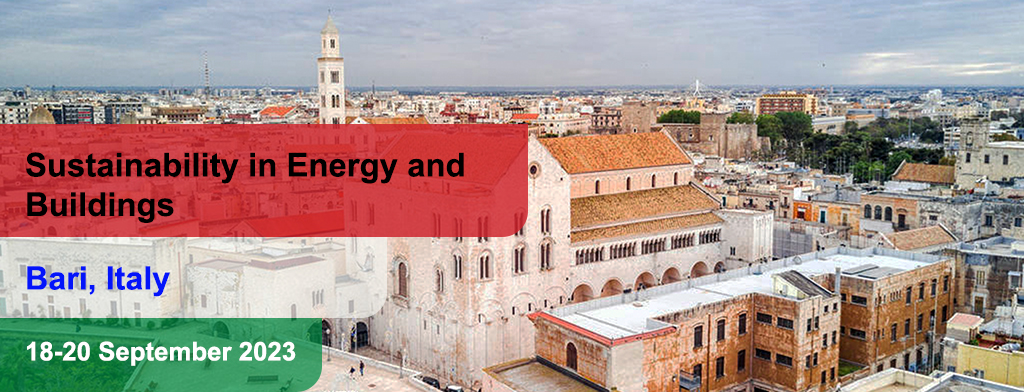Prof. Chris Gorse
Loughborough University, UKManaging a crisis: Extending a building's life and reducing negative environmental impact
Abstract:
We now live in a period of catastrophic climate change, change that is having the most devastating impact on the natural resources on which we rely. As we become acutely aware of the anthropogenic disasters occurring around, pressure is upon us all to reduce the negative environmental impact and slowing down the change. The challenge of transforming the way we interact with our built environment to reduce negative impact must be accelerated. Over the years much has been written regarding how to make the built environment more sustainable, reducing impact on biodiversity, environment and people. However, there are few meaningful studies that have properly mapped out how this can be achieved. Moreover, in recent years, it has become clear that new build continues to increase as does the negative impact of the built environment on the natural environment. In this keynote presentation, the negative impact of the construction industry is explored together with the materials it demands and the consequences of continually extracting resources from limited supplies. Recent studies have shown that in many cases extending the life of buildings can reduce both operational and embedded carbon. Picking up on the dilemma of crumbling buildings and using the recent cases of failing Reinforced Autoclaved Aerated Concrete (RAAC) buildings, we will explore how, even when faced with such challenges, the life of buildings can be extended and impact reduced. Such challenges need to be met head on, if we are to delay the impact of the built environment and create safe, comfortable spaces for people to live and work.

Biography:
Chris is Professor of Construction Engineering and Management at Loughborough University with considerable experience in building and civil engineering. Over the years, Chris has been recognised for his expertise in manging industry problems that are technically complex and require practical solutions. He has undertaken research, engaged in consultancy and written extensively in the areas of energy, sustainability, infrastructure, technology and refurbishment. The nature of projects that Chris has been involved with is particularly broad. To provide some context to this, recent projects cut across topics such as modelling the performance of renewable energy systems, improving response time of safety systems in nuclear reactors, evaluating building energy performance to the testing and assessing of buildings made from RAAC concrete. Chris's multidisciplinary background has established him as a leading authority on building quality, systems, standardisation, performance and how this impacts on sustainability.
Chris also holds Visiting Professor positions at the University of Suffolk and Central University of Technology in South Africa, engaging internationally on sustainability and lean construction. Chris is the founding Chair of the International Conference for Sustainable Ecological Engineering Design for Society (SEEDS) and past Chair of the Association of Researchers in Construction Management (ARCOM). He recently served on the 2021-2022 (UKRI) Research Excellence Framework 2021 exercise for Sub-Panel 13 Architecture, Built Environment and Planning. He has contributed and led a number of projects for the Department for Business, Energy & Industrial Strategy, Department for Energy Security and Net Zero, Office for Product Safety and Standards and other UK Government offices. Such experience has given Chris good oversight of the quality, excellence and depth of construction, building and infrastructure in the UK and overseas.
Chris also has a keen interest in digital technologies and their impact on key assets in the built environment and systems control. He has worked on and directed major UK and international research projects exploring the potential of smart digital monitoring and management tools, evaluating the use of smart meters and their role for in-use measurement of building system performance, he has also contributed to systems engineering projects - integrating smart asset management tools at scale, including application to health care environments. Chris is also the Co-author of the CIOB Guide to Sustainability in the Built Environment - due for imminent release.
Back to Keynote Speakers

